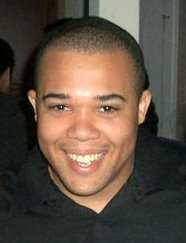There is much brouhaha over Krugman’s NYT book review piece on Friedman. In it Krugman argues that Friedman was a great and honest economist but perhaps a less than honest public intellectual.
Commenters on Greg Mankiw as well as Arnold Kling himself have taken Krugman to task for what they see as pot-kettle syndrome. The following passage draws the most heat
Friedman's effectiveness as a popularizer and propagandist rested in part on his well-deserved reputation as a profound economic theorist. But . . it must be said that there were some serious questions about his intellectual honesty when he was speaking to the mass public
However I focus on the following lines and find a different conclusion
He says
Milton Friedman the great economist could and did acknowledge ambiguity. But Milton Friedman the great champion of free markets was expected to preach the true faith, not give voice to doubts. And he ended up playing the role his followers expected
But first he notes
Keynesianism was a great reformation of economic thought. It was followed, inevitably, by a counter-reformation. . . . If Keynes was Luther, Friedman was Ignatius of Loyola, founder of the Jesuits.
and he concludes with
But what the world needs now, I'd argue, is a counter-counterreformation.
Is Krugman saying that he playing the role his followers expect. That like Friedman before him he is taking a harder line than he truly believes because the world needs it now?
Comments are welcome.

0 comments:
Post a Comment